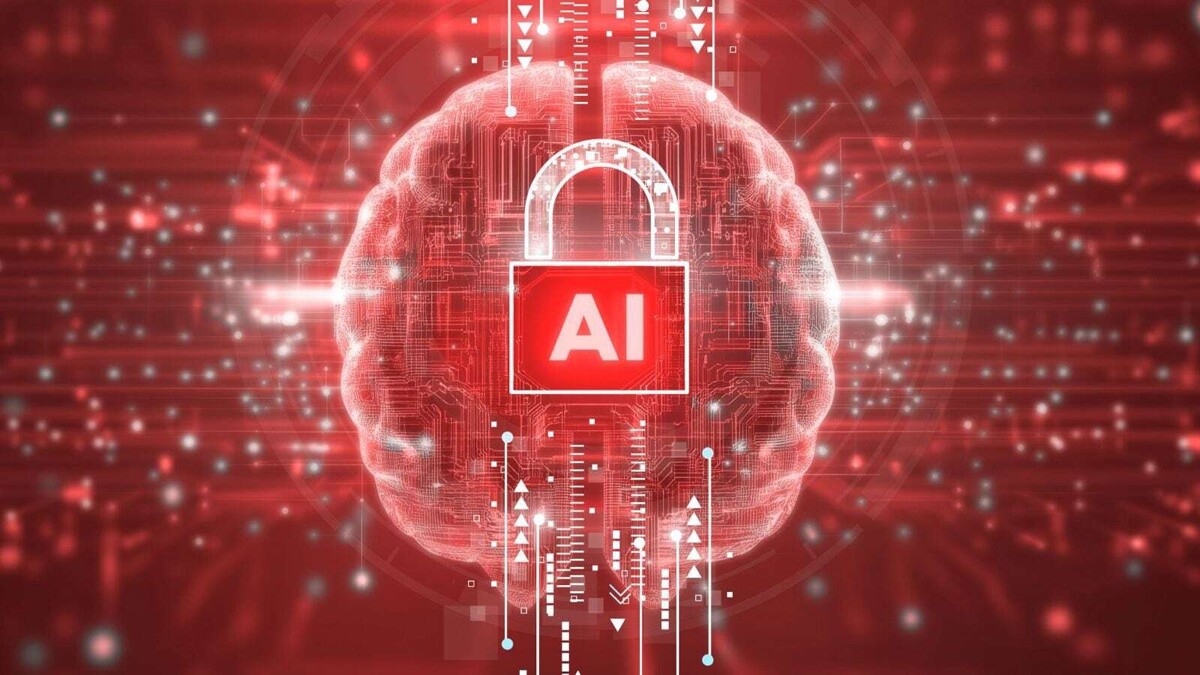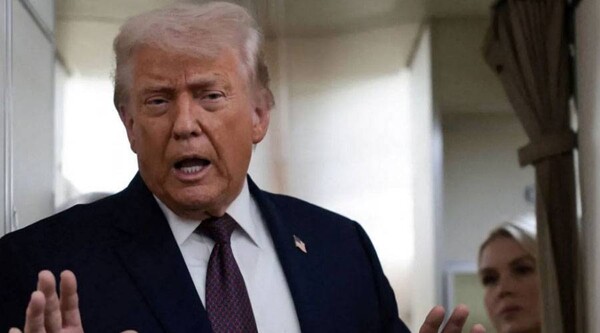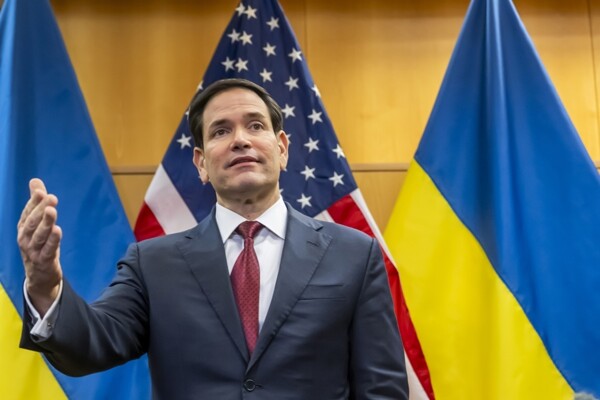
The focus on artificial intelligence (AI) is crucial in the political landscape of the United States and globally. Trump's stance seeks to shape the future of AI with measures that reduce government oversight to foster innovation and maintain the competitive advantage of the U.S. As part of his campaign for 2024, he promised to overturn Biden's executive order that imposed regulations and safety testing on AI, aiming to boost military applications such as autonomous drones and advanced cybersecurity.
The former U.S. president proposed reducing regulations and enhancing military applications of AI, highlighting its importance for improving the country's defense capabilities. During his presidency, Trump launched the "American AI Initiative," facilitating partnerships between the government, tech companies, and academia. This deregulatory strategy aims to stimulate innovation and ensure a competitive edge, though it faces the challenge of balancing economic progress with ethical and security standards.
It is noted that experts like Yann LeCun have expressed some degree of agreement with the deregulation proposed by Trump, warning that excessive regulation could hinder technological advancement. However, in a context of rapid technological transformation, it is crucial to find a balance between fostering innovation and ensuring that AI development is safe, ethical, and beneficial for society as a whole.
The upcoming decisions regarding AI regulation in the United States will not only influence the course of technology in that country but also globally. With Trump close to returning to the presidency, his deregulatory stance has the backing of prominent figures like Elon Musk and Peter Thiel, who advocate for minimal regulatory constraints to maintain the U.S. leadership in AI. In this context, China takes a different approach, favoring rapid advances in AI without placing as much emphasis on ethical and security issues, raising concerns about privacy and state control.
Meanwhile, the debate over AI regulation remains open in the United States, defining the future path of this technology. The coming years will be crucial in determining whether innovation can thrive without restrictions or if safeguards are needed for safe and equitable development. In this context of technological transformation, the ethical and regulatory challenges of AI emerge as a critical point on the political and social agenda.














